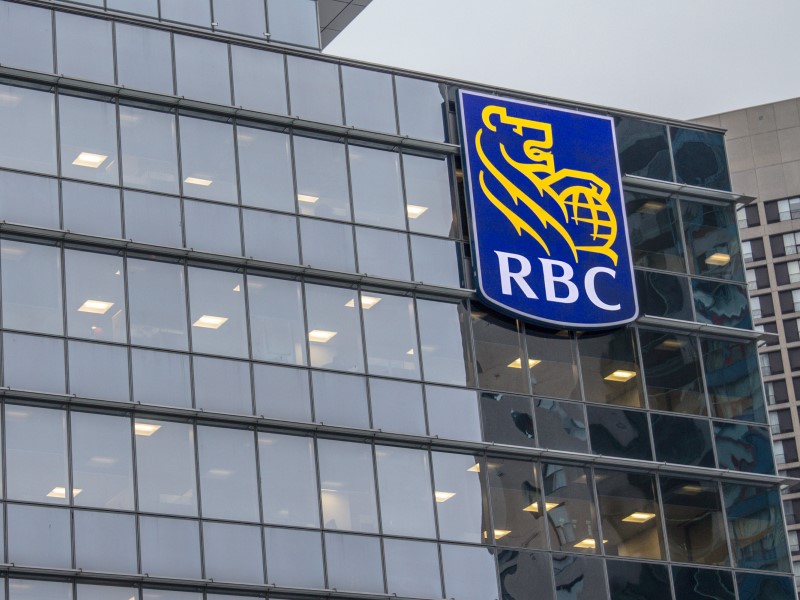
The Royal Bank of Canada is focusing on mental health to engage and retain employees as the bank shifts to a hybrid work model.
While the bank already began upgrading its mental-health benefits in 2018, the coronavirus pandemic highlighted the need to continue supporting employee mental health, says Andrejka Massicotte, senior director of benefits and wellness at RBC. The additional offerings include an increase in core psychology coverage in Canada from $3,000 per person annually to $5,000, as well as an extra day off and access to a wellness app.
Read: RBC banking on hybrid work model post-pandemic
“We started by providing tools and resources to support our leaders to help them recognize and talk about mental-health challenges with our employees, as well as the need for resiliency to support their teams as well as themselves. We did this through a series of executive sessions early in the pandemic, where they could speak to leadership experts and health experts.”
Mental health and employee well-being are also important components of the bank’s incoming hybrid work model, says Massicotte. A mental health and wellness resources centre is available to employees through a new internal website that was launched ahead of the rollout of the hybrid model.
“We know there’s anxiety about returning to work or feeling left out if an employee isn’t going to be onsite, so we’ve created a Q&A to help employees around that. Our leadership expectations haven’t been higher than they are now, so we have ongoing programming to enable people managers to inspire and coach their teams. We’re encouraging them to build empathy and encourage new habits and routines that centre around virtual inclusion, enabling productivity and supporting mental health and well-being of their teams.”
Read: Employers prioritizing mental health, permanent hybrid work 1.5 years into pandemic
Employee feedback on the challenges faced during the pandemic is key to RBC’s human resources strategies and shaping its benefits offerings, she says. “What we heard in terms of challenges was a need for programs that ensured a work-life balance, as well as offering ways [for employees] to strengthen their ability to feel connected to other people at work. Moving into the virtual environment, that was a challenge for many of us. . . . Earlier this year, we also carried out internal research to understand the wellness needs of our employees and help shape the offering. What we found wasn’t that employees were seeking greater benefits, but that they had an environment where it’s safe to speak up.”
This focus on mental health and wellness also helps RBC maintain a competitive value proposition for employees, says Massicotte. “We’re really in a situation now where everyone’s evaluating how they want to work and live. The stakes are high in the war for talent and the Great Resignation is a real risk — everyone’s seeing that.”
Read: Employee mental health top well-being issue for 72% of Canadian employers: survey
